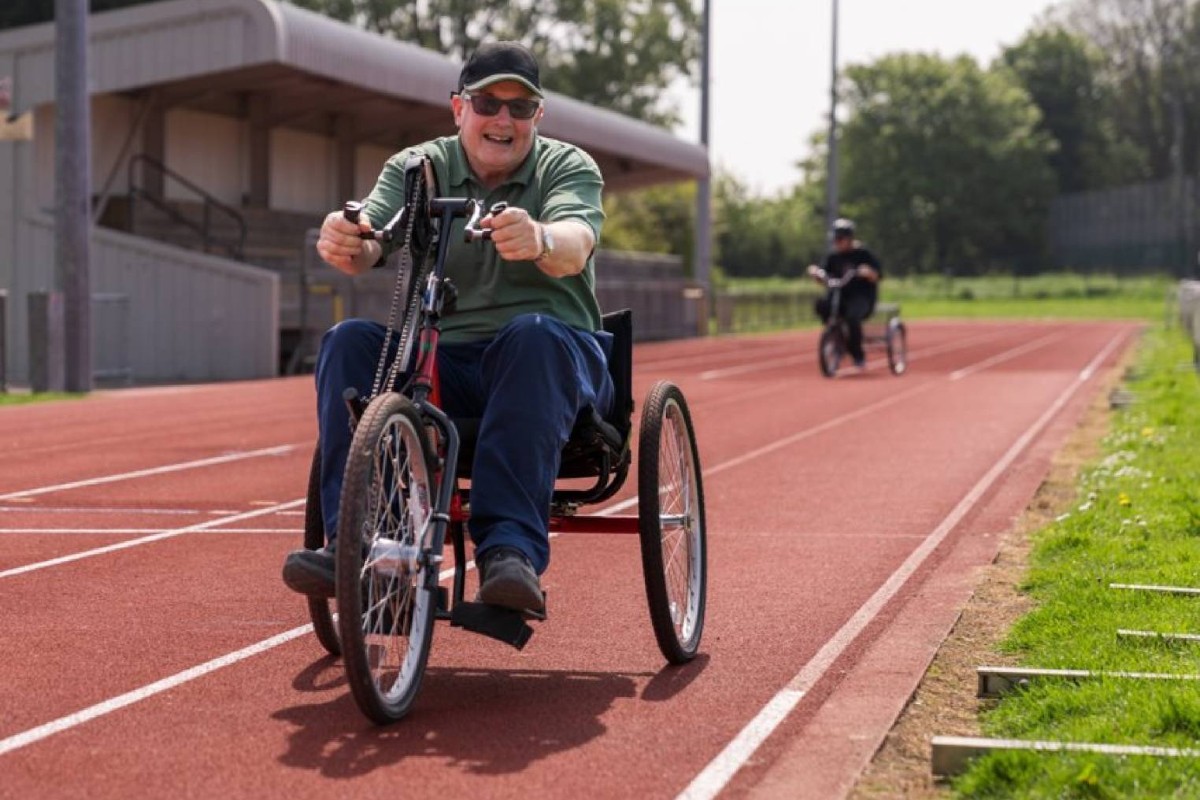The equipment will help researchers improve outcomes for patients by increasing access to clinical trials and new treatments across the trust.
A significant portion of the funding will be used to increase capacity in the cellular therapy laboratory, which works with clinicians, scientists and drug companies to deliver new treatments for patients with blood cancers and other blood cell diseases.
The equipment can help doctors and researchers to enable patients' own cells to destroy their cancer through genetic engineering to replace cells with defects. This could also have significant impact for patients with sickle cell disease and thalassemia, where demand for treatment and research currently exceeds capacity.
Research conducted as part of the NIHR Imperial BRC partnership has previously shown that faecal microbiota transplants can treat gut infections and other gut-related diseases, improving outcomes for patients and reducing infections and time spent in hospital.
New equipment purchased as part of this grant will be able to deliver the transplant at the Trust in tablet form, rather than through a tube in the stomach, which has been shown to be the preferred method of having the transplant by patients. This will allow further clinical trials to take place, investigating the use of faecal microbiota transplants for other diseases.
BRC neonatal researchers have been testing a new technique, known as a super-resolution ultrasound scan (SRUS), to assess the brains of premature or sick babies at their bedside. This imaging allows doctors to see the tiniest blood vessels and structure of the brain at far greater clarity than MRI. This intervention has the potential to reduce the risk of death or lifelong complications, such as cerebral palsy.
Imperial BRC director, Professor Mark Thursz, said: ‘The new equipment we will acquire as a result of this funding has potential to significantly improve outcomes for patients and will support our research teams to deliver trials with wider access and increased impact more easily.'



